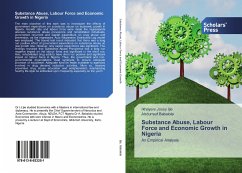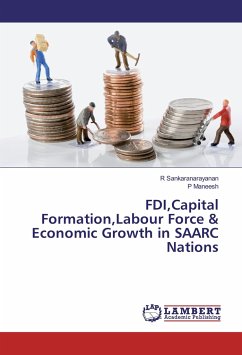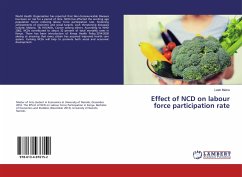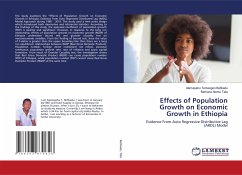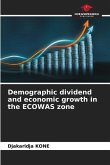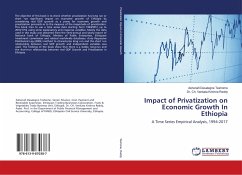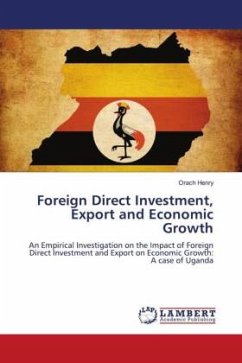The main objective of this work was to investigate the effects of government expenditure on substance abuse on economic growth in Nigeria. Growth rate and labour force were made the regressands whereas substance abuse prevalence and rehabilitated individuals, government recurrent and capital expenditure on drug abuse and prevention, as the regressors. Auto Regressive Distributed Lag model was employed. The bound test result indicated that there was a long run positive effect of government expenditure on substance abuse on real growth rate. However, only capital expenditure was significant. The findings revealed that Substance Abuse Prevalence has a long run negative impact on the labour force and significant in the short run. Also, rehabilitated drug addicts have short run positive and significant impact on labour force in Nigeria. Thus, the government and non-governmental organizations must synergize to ensure adequate provision of equipment. Adequate fund be made available to agencies involved in drug demand reduction activities. More so, massive preventive drug abuse education and enlightenment, emphasizing healthy life style be embarked upon frequently especially on the youth.
Bitte wählen Sie Ihr Anliegen aus.
Rechnungen
Retourenschein anfordern
Bestellstatus
Storno

